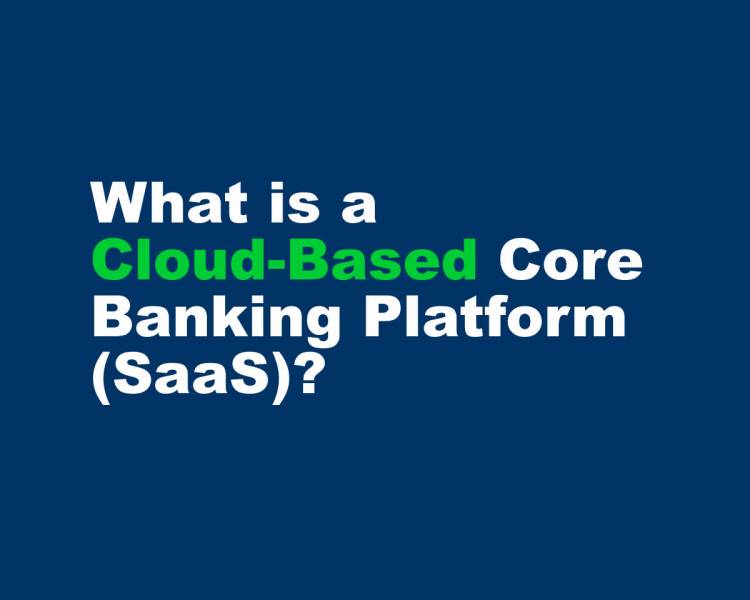What is a Cloud-Based Core Banking Platform (SaaS)?


Cloud computing is a proven solution to many core banking problems, like interoperability, 24x7 uptime, secure storage, allowing banks to focus on their business while their vendor takes care of running their IT landscape etc. Despite these benefits, banks and financial institutions still show hesitation in adopting cloud-based offerings, citing potential security concerns. However, state-of-the-art SaaS solutions offer a level of security that meets or surpasses on-premise platforms.
Opting for a SaaS platform enables you to spend more time and money on the parts where you can make a difference for your clients instead of focusing on IT and security issues. To ensure viability, we believe that a cloud-based core banking platform is essential. In fact, we can safely say that the effective
adoption of the cloud will be a pivotal factor in deciding who emerges on top and who falls behind their competitors in this new age of digital banking.
Banks are racing to take advantage of the opportunities and manage the risks that the digital economy creates. To do so, a cloud-based core banking platform that provides greater agility, scalability and flexibility is a necessity.
Step one is replacing legacy systems with a new digital core banking platform. The next step is deciding how you want to implement the new core banking system.
Migrating core banking systems on the cloud presents the bank a rare opportunity to achieve conflicting objectives at once:
Effective adoption of the cloud will be a pivotal factor in deciding who emerges on top and who falls behind their competitors in this new age of digital banking
Previous Article
Next Article
ACI Worldwide Wins 2020 Global Banking and Finance Award as Best Information Security...
Temenos Launches New SaaS Proposals to Help Banks Respond to Covid-19 Esp. Temenos...
How Open Banking Drives Real-Time Payments Traction By PYMNTS